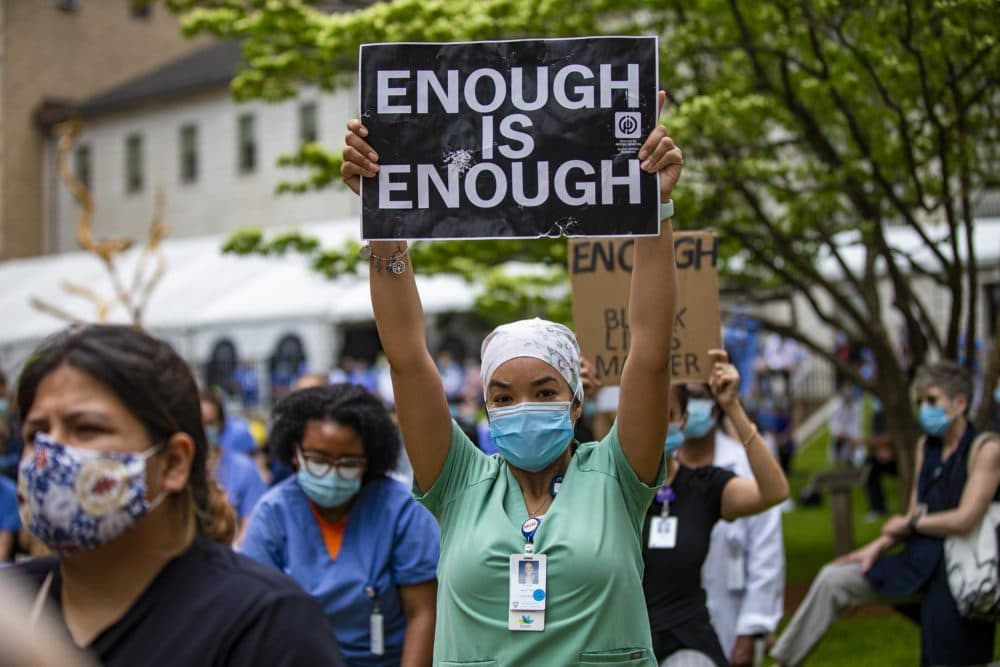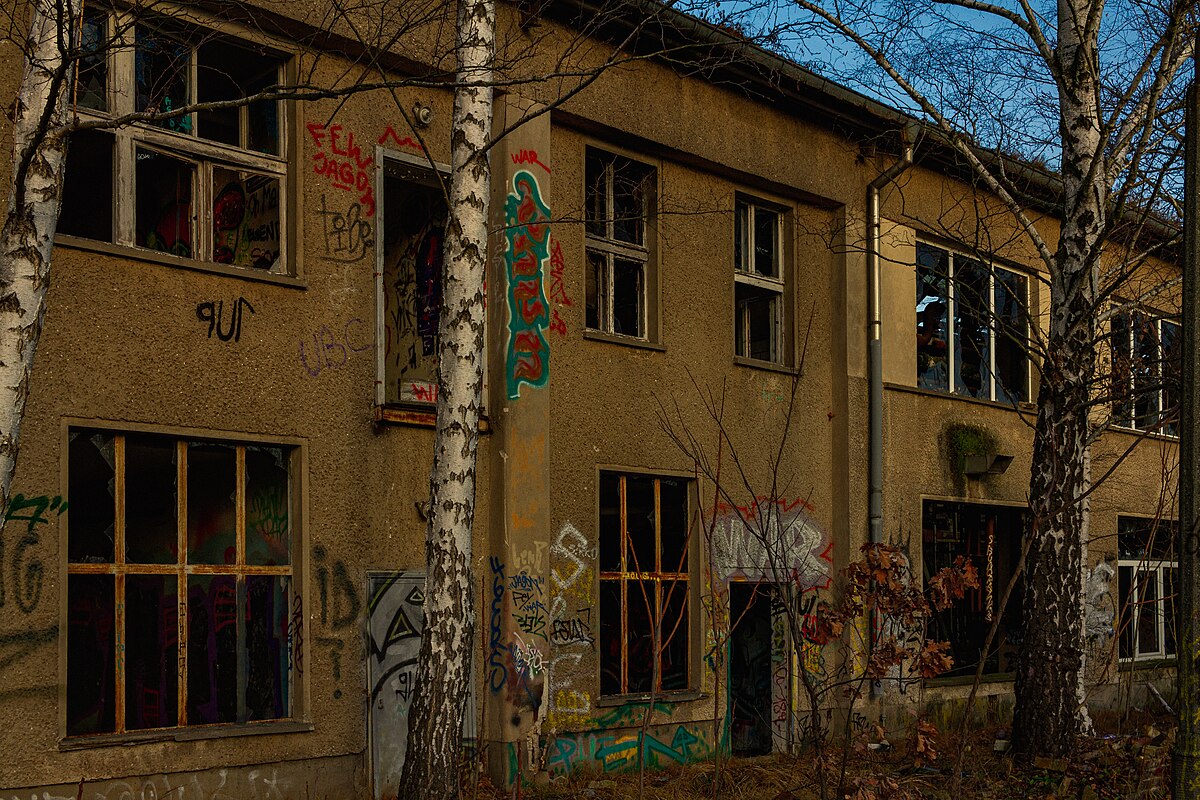
How important are the choices that we make? Do our choices affect others or only ourselves? While on the surface, these may appear to be questions for a Philosophy course, in fact, these two questions are tied to sociology in ways you may not have imagined. Much of where we are in the world today is about our personal choices. This may not be a surprise when it comes to things like the environment and recycling, but deeper thinking about sustainability, the idea that current and future generations should have equal or greater access to social, economic, and environmental resources, forces us to view these questions from the standpoint of the human experience. Take, for example, the Uyghurs. The Uyghurs are an ethnic group of 12 million, mostly Muslims, living in China. The U.S. government, along with its world allies, have accused the Chinese government of human rights abuses against Uyghurs that include genocide, the systematic killing of one group by another based on differences of race and/or ethnicity. Other accusations include Uyghurs being forced to work in factories in a system akin to slavery, a type of closed stratified system in which slaves and owners exist.
Right now, you are thinking that the experience of the Uyghurs is horrendous, but it does not affect you or the choices you make in your life. Would you change your mind if you knew that 83 major brands were implicated in having their products made in factories with forced Uyghur labor? Companies like Apple, BMW, Amazon, Nike, Gap, Abercrombie & Fitch, and Samsung appear to have benefited from forced labor.
 What about the food that you eat? When you go to the grocery store, do you consider the source or the life of the people who brought the food to you? Sadly, slavery exists in this area. In Thailand, workers in the seafood industry face exploitation and slavery. The spoils of their labor are distributed through brands and retailers around the world. Similarly, slavery has been rampant in the chocolate industry for decades. In February 2021, the Mars, Nestle, and Hershey corporations were sued by child workers in the Ivory Coast over their enslavement on coca plantations.
What about the food that you eat? When you go to the grocery store, do you consider the source or the life of the people who brought the food to you? Sadly, slavery exists in this area. In Thailand, workers in the seafood industry face exploitation and slavery. The spoils of their labor are distributed through brands and retailers around the world. Similarly, slavery has been rampant in the chocolate industry for decades. In February 2021, the Mars, Nestle, and Hershey corporations were sued by child workers in the Ivory Coast over their enslavement on coca plantations.
These examples speak not only to the issue of social stratification, a system in which categories of people are ranked in a hierarchy, and dependency theory, a macro theory indicating the stratified world economic system keeps peripheral nations dependent on core nations. No, these examples speak to our choices as individuals and consumers. It is our choice to know where our goods and products come from . . . or not. It is our choice to support Fair Trade, an organizational movement and certification process to help producers in developing countries receive a fair price . . . or not. As consumers, we must realize that our choices have consequences that reach far beyond our visits to the grocery store or purchases online. As someone once said, everything rides on our “Choices. Choices. Choices.”
Thompson is a co-owner of UITAC Publishing. UITAC’s mission is to provide high-quality, affordable, and socially responsible online course materials.
Images used in this blog:
- Photo by Kuzzat Altay is licensed on Unsplash. This image has not been altered.
- “Nestle chocolate” by inma santiago is licensed on Unsplash. This image has not been altered.




